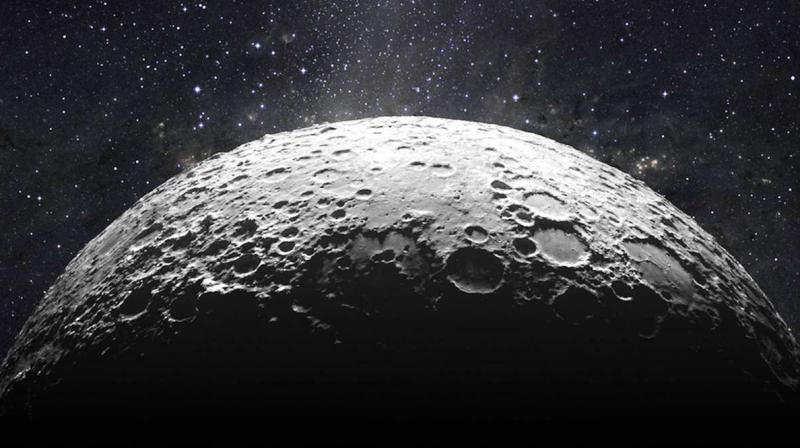Mars may have complicated mantle: study

Mars' mantle may be more complicated than previously thought, say scientists who have studied the geochemical changes over time in the lava flows of a major volcanic province on the red planet.
Scientists at Louisiana State University (LSU) in the US found that the unusual chemistry of lava flows around the volcanic province Elysium is consistent with primary magmatic processes.
Elysium is a giant volcanic complex on Mars, the second largest behind Olympic Mons. It rises to twice the height of Earth's Mount Everest, or about 16 kilometres.
Elysium is unique among martian volcanoes. It is isolated in the northern lowlands of the planet, whereas most other volcanic complexes on Mars cluster in the ancient southern highlands.
Elysium also has patches of lava flows that are remarkably young for a planet often considered geologically silent.
"Most of the volcanic features we look at on Mars are in the range of three to four billion years old," said David Susko, a graduate researcher at LSU.
"There are some patches of lava flows on Elysium that we estimate to be three to four million years old, so three orders of magnitude younger. In geologic timescales, three million years ago is like yesterday," said Susko.
The research shows that the composition of volcanoes on Mars may evolve over their eruptive history.
Earlier research found that particular regions of Elysium and the surrounding shallow subsurface of Mars are geochemically anomalous, strange even relative to other volcanic regions on Mars.
Researchers started to piece together the geologic history of Elysium, an expansive volcanic region on Mars characterised by strange chemistry. They sought to uncover why some of Elysium's lava flows are so geochemically unusual, or why they have such low levels of thorium and potassium.
Perhaps the mantle has changed over time, meaning that more recent volcanic eruption flows differ chemically from older ones.
If so, Susko could use Elysium's geochemical properties to study how Mars' bulk mantle has evolved over geologic time, with important insights for future missions to Mars.
Understanding the evolutionary history of Mars' mantle could help researchers gain a better understanding of what kinds of valuable ores and other materials could be found in the crust, as well as whether volcanic hazards could unexpectedly threaten human missions to Mars in the near future.
Mars' mantle likely has a very different history than Earth's mantle because the plate tectonics on Earth are absent on Mars as far as researchers know. The history of the bulk interior of the red planet also remains a mystery
The study was published in the journal Scientific Reports.

